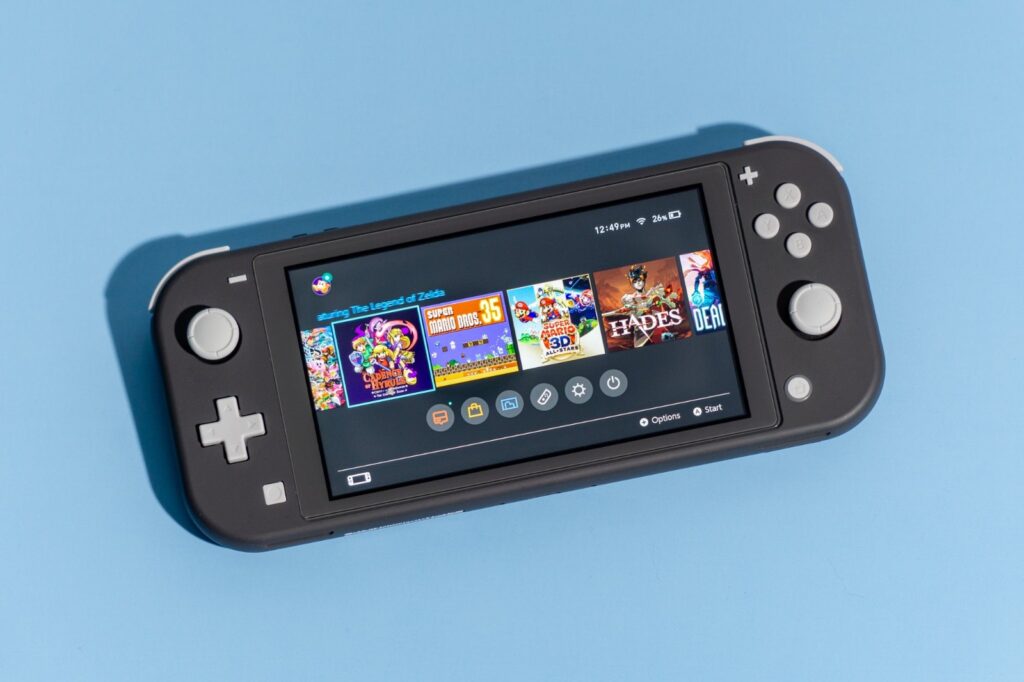In the world of gaming, particularly for Nintendo Switch gamers, you might have listened words like “Switch ROMs” and “Switch emulators.” While these two are often discussed in the same context, they refer to distinct aspects of gaming that can confuse often anyone.
In this article, we’ll explore the key differences between Switch ROMs and Switch emulators, helping you understand what they are, how they work, and their respective benefits.
Switch ROMs are digital copies of games or system software from the Nintendo Switch. A ROM (Read-Only Memory) is essentially a file that contains the data from a game or system firmware. When you download Nintendo Switch ROMs for Switch games, you’re essentially getting a replica of the game’s data that can be played on various platforms, including a physical Nintendo Switch console or an emulator on a PC.
On the other hand, Switch emulators are software programs designed to replicate the hardware and software environment of a Nintendo Switch on a different platform, usually a PC or smartphone.
We can use these emulators to run Switch games without needing the physical console. They essentially “emulate” the Switch’s operating system and game data, enabling users to play games in high definition or with mods on their personal computers.
Some popular emulators like Yuzu and Ryujinx allow players to run Switch ROMs for Yuzu on their computers, providing an alternative way to enjoy Switch games with potentially enhanced graphics, smoother performance, and modding capabilities.
However, just like with ROMs, using emulators to play games that you don’t own legally can be problematic, and these programs can be complex to set up.
While both Switch ROMs and Switch emulators work in tandem to let you play Nintendo Switch games outside of the console, they serve very different purposes. Here’s a breakdown of their main differences:
- Purpose:
- ROMs: These are essentially game files. A ROM contains the game’s data, allowing it to be played either on a physical Switch (after modifying the system) or via an emulator on another device.
- Emulators: These are programs or software that recreate the environment of a Switch console on another device, such as a PC or smartphone. They allow the playing of ROMs from a platform that isn’t a Nintendo Switch.
- Functionality:
- ROMs: A ROM by itself is not enough to play a game unless it’s paired with a compatible platform, like a Nintendo Switch or an emulator. ROMs are just the game’s files and require software to run.
- Emulators: Emulators are the software that makes it possible to run Switch ROMs on a non-Switch device. They simulate the Switch’s hardware, enabling gameplay even on devices that aren’t Switch consoles.
- Legality:
- ROMs: Downloading
- for games you don’t own is illegal in most regions, as it violates copyright laws. However, making your own ROM from a game you own (also called “dumping”) is generally considered legal.
- Emulators: Emulators themselves are completely legal, as they don’t contain any game data. The legality comes into question when using an emulator to play ROMs that are obtained illegally or from unauthorized sources.
- Performance and Customization:
- ROMs: A ROM will typically run the game as intended by the developers, which means you’re bound to the game’s original performance and features unless you’re using mods.
- Emulators: Emulators offer more flexibility. Users can tweak graphical settings, adjust performance to suit their device, and even apply mods to enhance or alter their gaming experience. This can lead to higher-resolution graphics and faster gameplay on a more powerful PC compared to the original Switch console.
Both Switch ROMs and Switch emulators provide gamers with unique ways to play Nintendo Switch games, but they serve different functions. ROMs are essentially the game files themselves, while emulators are software programs that allow you to run those files on a non-Switch device.
While emulators can offer some great performance improvements and flexibility, they’re only as useful as the ROMs you have to pair with them.







